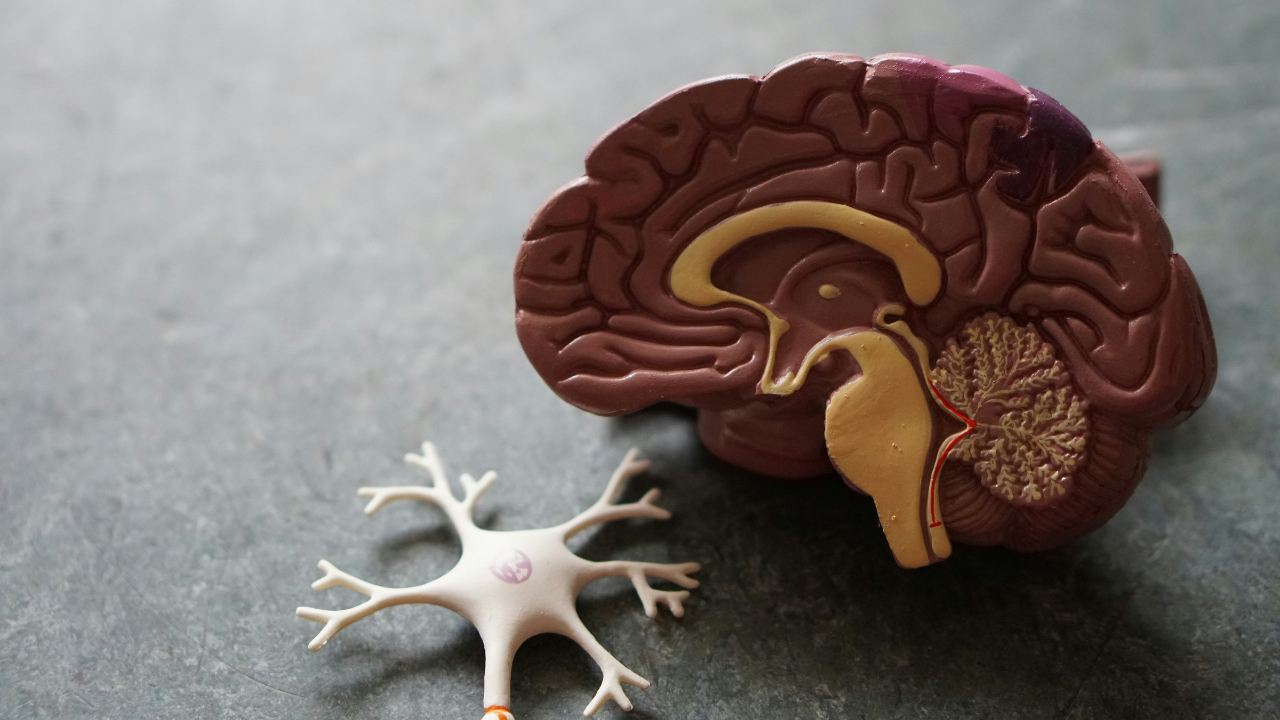Introduction to Brain Z and its effects
Have you ever heard of Brain Z? It’s a term that has been gaining traction in recent discussions about cognitive health. This intriguing phenomenon plays a crucial role in how we learn, remember, and behave. Understanding Brain Z is essential for anyone looking to enhance their mental performance or support loved ones facing challenges related to it. With its complex interactions within the brain, Brain Z can significantly influence our daily lives. So what exactly does it mean for you and your learning journey? Let’s dive into the fascinating world of Brain Z and uncover its effects on learning, memory, and behavior.
The connection between Brain Z and learning
Brain Z plays a crucial role in shaping how we learn. It influences the brain’s ability to absorb and process new information effectively.
Individuals with Brain Z may experience challenges when trying to grasp complex concepts or retain details from their studies. This can create an uphill battle in educational settings where quick understanding is essential.
However, it’s not all negative. Some individuals develop unique strategies that cater specifically to their learning needs. These adaptations can lead to creative problem-solving approaches that enhance comprehension.
Additionally, the connection between and learning fosters resilience among students. They often cultivate determination and resourcefulness as they navigate through obstacles in their educational journey.
Understanding this relationship allows educators and peers to support those affected by more effectively, creating an inclusive environment for everyone involved in the learning process.
Impact of Brain Z on memory function
Brain Z significantly impacts memory function, creating challenges for those affected. Individuals may struggle with recalling information or retaining new knowledge. This can be frustrating and disheartening.
Research shows that alters neural pathways, which are crucial for memory formation. These changes disrupt the flow of information between brain regions responsible for various aspects of recall.
Short-term and long-term memories often suffer under the influence of Brain Z. Everyday tasks like remembering names or important dates can become daunting. The ripple effects extend to academic performance and social interactions as well.
Support systems play a vital role in mitigating these challenges. Strategies such as mnemonic devices or interactive learning techniques can enhance memory retention despite the hurdles posed by Brain Z. Adapting one’s environment also fosters better memory functions over time.
Behavioral changes due to Brain Z
Behavioral changes often accompany Brain Z, illustrating its profound impact on daily life. Individuals may exhibit increased anxiety or mood swings that seem out of character.
Social interactions can become challenging as some people withdraw from friends and family. They might feel overwhelmed in social settings, leading to isolation.
On the other hand, there could be bursts of impulsivity. Decisions made in haste can create complications for personal relationships or work environments.
Routine activities might also suffer; tasks that once seemed simple now require extra effort and concentration. This shift can frustrate both the individual and those around them.
Understanding these behavioral nuances is essential for fostering supportive environments. Recognizing these changes helps cultivate empathy and patience among peers and loved ones.
Coping mechanisms for individuals with Brain Z
Coping with Brain Z can be challenging, but several strategies can help individuals navigate their daily lives. Mindfulness practices, such as meditation or deep breathing exercises, promote relaxation and reduce anxiety. These techniques encourage a greater awareness of thoughts and feelings.
Establishing routines is another effective approach. Consistency can provide structure that eases the stress associated with sudden changes in memory or learning capacity. Simple daily schedules may enhance predictability.
Physical activity also plays an essential role in managing symptoms. Regular exercise boosts mood and cognitive function while releasing endorphins that combat stress.
Support groups offer a safe space for sharing experiences and gaining insights from others facing similar challenges. Connecting with peers fosters understanding and reduces feelings of isolation.
Maintaining open communication with family members helps create a supportive environment where individuals feel valued and understood.
Treatment options for managing Brain Z
Managing Brain Z often requires a multifaceted approach. Various treatment options are available, tailored to individual needs.
Therapy plays a crucial role. Cognitive Behavioral Therapy (CBT) can help individuals develop coping strategies and address negative thought patterns associated with Brain Z.
Medication may also be considered. Certain prescriptions target specific symptoms, providing relief and improving overall functioning.
Lifestyle changes contribute significantly too. Regular exercise boosts brain health while balanced nutrition nourishes cognitive functions.
Mindfulness practices like meditation reduce stress levels, promoting emotional well-being. Support groups offer community understanding, fostering connection among those facing similar challenges.
Combining these methods creates a holistic strategy for managing effectively. The key lies in finding the right blend that works for each person’s unique situation.
Importance of understanding and supporting individuals with Brain Z
Understanding Brain Z is crucial for fostering empathy and support. Individuals affected by this condition often face unique challenges that can impact their daily lives.
Supportive environments enable better learning opportunities. When friends, family, and educators recognize the signs of they can tailor approaches to meet specific needs.
Awareness also reduces stigma. By educating communities about Brain Z, we create a culture of acceptance rather than misunderstanding. This allows individuals to feel valued and understood.
Furthermore, collaboration between professionals and families enhances outcomes. Working together ensures consistent strategies are in place to help those impacted thrive academically and socially.
Creating resources such as workshops or support groups promotes shared experiences among caregivers and individuals with Brain. These connections can significantly improve well-being while building a strong network of understanding around them.
Conclusion
Understanding Brain Z is crucial for grasping how it influences various aspects of life. Its effects on learning, memory, and behavior are significant and can impact daily functioning.
Learning becomes a challenge when interferes with cognitive processes. Individuals may struggle to absorb new information or retain what they’ve learned. This difficulty can lead to frustration in academic settings and beyond.
Memory function is also affected by Brain Z. Short-term recall might suffer, making it hard to remember tasks or conversations. Long-term memories could become elusive as well.
Behavioral changes are another critical aspect associated with Brain Z. People may experience mood swings, increased anxiety, or difficulty managing stress levels. These changes can strain relationships and hinder social interactions.
For those navigating life with, coping mechanisms play an essential role in managing symptoms. Techniques like mindfulness meditation, structured routines, and physical activity can foster a sense of balance.
Treatment options vary but often include therapeutic strategies tailored to individual needs. Cognitive-behavioral therapy (CBT) has shown promise in helping individuals adapt their thinking patterns while medication might be prescribed depending on severity.
Awareness around Brain encourages understanding among peers and communities alike. Support systems are vital for helping affected individuals thrive despite challenges they face daily.
Recognizing the complexities of enhances empathy and fosters an inclusive environment where everyone has the chance to succeed regardless of their brain’s unique wiring.











